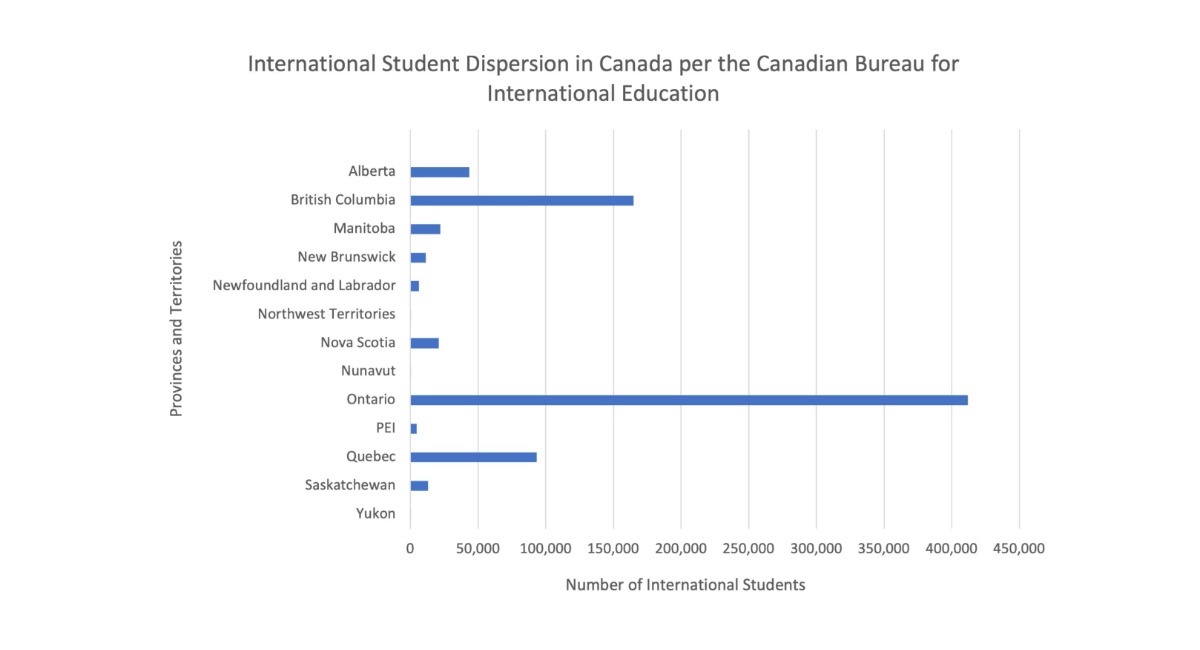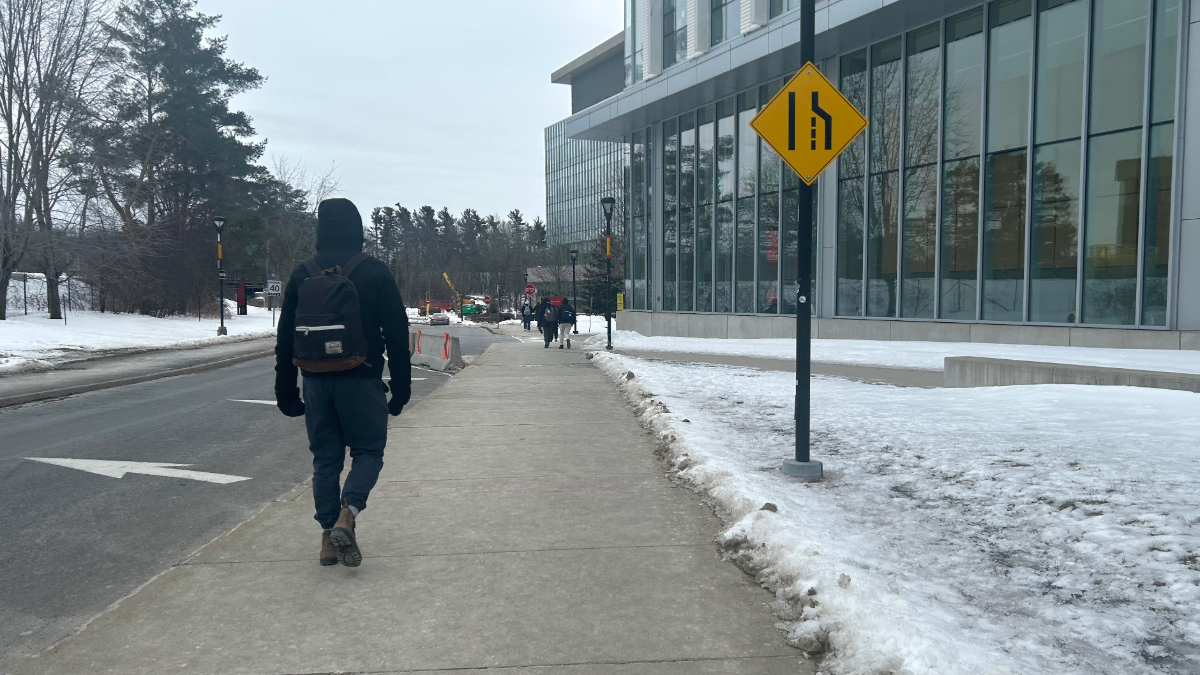The international student visa cap recently announced by Immigration Minister Marc Miller has had students and learning institutions in a frenzy regarding their futures.
The cap will limit the number of international students entering Canada over two years and slash 35 per cent of the total accepted visas. The cap will also lead to a wider dispersion of international students across the country. Ontario, which has a preponderance, will see a cut of half of its current visa allotment.
Despite this, many international student and immigration consulting businesses feel the policy change is necessary to combat problems with the industry. Many international students who come to Canada use private services that support them through school and visa application processes.
However, some recruitment agencies abroad and some learning institutions in Canada have taken advantage of the previous permit rules, leaving licensed consulting businesses frustrated.

Some of the country’s main concerns regarding international students stem from recruitment agencies abroad, explained Faustina Kalaci, the president of Aportunita, a Toronto-based consulting business.
Kalaci said learning institutions often hire licensed agents to help with recruitment and ensure that students meet guidelines. Generally, the agents focus on a specific region, such as Southeast Asia.
“Very rarely will you have an agency recruiting students from all over the world for one institution. Different agents will target different demographics,” Kalaci said.
According to Kalaci, this process has changed with some institutions turning toward the services of recruiters abroad, many of whom are not licensed immigration practitioners.
They just apply to the educational institutions for candidates in hopes that they will be accepted. They work on what we call a conveyor belt. … They are flooding the system.
Faustina Kalaci, president of Aportunita, a Toronto-based consulting business
“They just apply to the educational institutions for candidates in hopes that they will be accepted,” she said. “They work on what we call a conveyor belt. …They are flooding the system.”
This means an influx of poorly prepared applications are being sent to Immigration, Refugees and Citizenship Canada. For example, Kalaci explained how services such as Aportunita’s ensure students have enough financial capital to support themselves. She said recruiters abroad will not do this.
“They don’t care that these students come to Canada and whether they can afford to pay the tuition, room and board,” Kalaci said. “They just get them accepted into schools and hope that as long as they have the money in their bank account, regardless of where their money came from, they can make it. That’s what’s wrong with the system right now.”
Many issues that confront international students in Canada over recent years result from this problem.
“They cannot pay their tuition fees. They end up working illegally,” Kalaci said. “They end up applying for refugee claims, or they barely scrape by, and they end up going to our soup kitchens.”
Monique Myers, CEO of Canstudy Consulting, says the federal cap on international student visas will likely require applicants to exceed the minimum expectations for applications now.
“We’ll be seeing a situation where students will need to far surpass the minimum requirements to receive a spot in their program of choice,” Myers explained.
She added that this could bring new challenges to the industry.
“This will make it hard for us to advise students as we won’t know when their profile is strong or weak for a particular program.”
Another issue that has led to the cap comes from the actions of universities and colleges themselves, according to Shafoli Kapur, a regulated Canadian immigration consultant who founded TDOT Immigration in 2018.
Kapur explained how institutions such as Niagara College and Cambrian College will issue more spaces to international students who apply than the number of spots available. This is because institutions do not know how many students will get a visa.
They still want to keep their classes full, or their number of people coming that term…so they would overissue the letters of acceptance.
Shafoli Kapur, TDOT Immigration
In some circumstances, the institutions are left with extra students who received letters of acceptance and have also been approved for a student visa.
“The extra students that got approved … even if they had paid the fees in full… (would be left) with doubts,” Kapur said. “They didn’t know what to do or where to go. Some of them had already booked their tickets. Now they don’t know if they can come or they can’t come. … They didn’t know what to really do.”
Overall, Kapur believes the cap is a change that needed to be made.
“There is so much demand for Canada. It’s the survival of the fittest at this point.”




